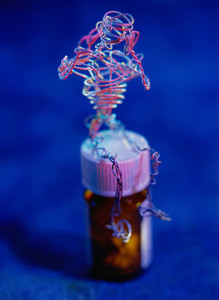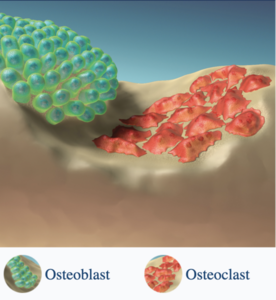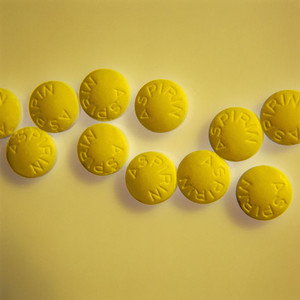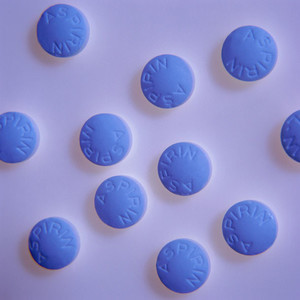Teva Pharmaceutical Industries (Teva) – the world’s largest generics manufacturer – has reported a string of patent updates recently. In the first of Teva’s patent-related news, Forest Laboratories (Forest) – an American pharmaceutical company acquired by Actavis [1] – made a deal with Teva regarding a patent licensed to them and held by Mayne Pharma (an Australian specialty injectables company now owned by Pfizer).
Patent wins and losses for Teva
Generics/News
|
Posted 16/09/2016
 0
Post your comment
0
Post your comment

The agreement concludes a patent battle that began in 2013. Teva claimed Forest violated the patent when it produced Namenda XR, an Alzheimer’s disease drug which generated over US$750 million revenue last year.
Teva and Mayne claimed that Forest’s drug infringed on their patent for analgesics, which work by inhibiting the same nerve cell receptors that are involved in Alzheimer’s disease. The agreement, the terms of which were undisclosed, came just ahead of a planned five-day trial.
However, not all news has been so positive for Teva, which has recently had a number of its patents overturned by the US Patent and Trademark Office (PTO). The patents in question are for Copaxone (Glatiramer acetate), an FDA-approved drug for multiple sclerosis, a neurological condition that affects over two million people worldwide.
This is not the first time Teva has faced patent challenges over Copaxone. Several of Teva’s patents on the compound were invalidated back in 2013, after the US Federal Circuit Court of Appeals ruled that the claims of four patents expiring in May 2014 and one expiring in September 2015 were invalid [2].
The PTO has now reversed three more recent patents for the 40 mg form of the drug, which must be injected three times per week. Although Teva switched the patent from the previous 20 mg daily dosage after it began facing generics competition, generics producer Mylan still petitioned the PTO to review the 40 mg patents’ validity, claiming the formulation is not deserving of legal protection and arguing that a less frequently administered drug should be used in its place.
The PTO ruled in favour of Mylan, finding all claims of the patent (which is owned by Yeda Research & Development) un-patentable. Mylan says they want to bring a more affordable generic drug alternative of Copaxone to the market.
Teva still has the opportunity to defend itself, as a decision is yet to be made on a fourth patent for the medication. The court case is scheduled to begin at the end of September 2016, where Novartis and Momenta Pharmaceuticals will attempt to upturn the patent. Based on recent events however, analysts think it is unlikely Teva will win the court case. Mylan is also expected to target the fourth patent using ‘all avenues’ possible, and may challenge yet another patent on the drug. Analysts suggest there is an 80% likelihood of a generic form of Copaxone entering the market in 2017.
Related articles
Senators continue to raise concerns over price of Mylan’s EpiPen
Allergan makes deal with Amneal over its Namenda XR generic
Actavis to acquire specialty drugmaker Forest Labs
Copaxone sees off generics challenge
References
1. GaBI Online - Generics and Biosimilars Initiative. Actavis to acquire specialty drugmaker Forest Labs [www.gabionline.net]. Mol, Belgium: Pro Pharma Communications International; [cited 2016 Sep 16]. Available from: http://www.gabionline.net/Pharma-News/Actavis-to-acquire-specialty-drugmaker-Forest-Labs
2. GaBI Online - Generics and Biosimilars Initiative. Teva loses fight against generic glatiramer acetate [www.gabionline.net]. Mol, Belgium: Pro Pharma Communications International; [cited 2016 Sep 16]. Available from: http://www.gabionline.net/Generics/News/Teva-loses-fight-against-generic-glatiramer-acetate
Permission granted to reproduce for personal and non-commercial use only. All other reproduction, copy or reprinting of all or part of any ‘Content’ found on this website is strictly prohibited without the prior consent of the publisher. Contact the publisher to obtain permission before redistributing.
Copyright – Unless otherwise stated all contents of this website are © 2016 Pro Pharma Communications International. All Rights Reserved.
Source: Mylan
Research
Japan’s drug shortage crisis: challenges and policy solutions
Saudi FDA drug approvals and GMP inspections: trend analysis
The best selling biotechnology drugs of 2008: the next biosimilars targets










Post your comment